Biblical environmental stewardship doesn’t have to be controversial. In fact, it shouldn’t be! God gave stewardship of the earth to people. That’s in our Bible.
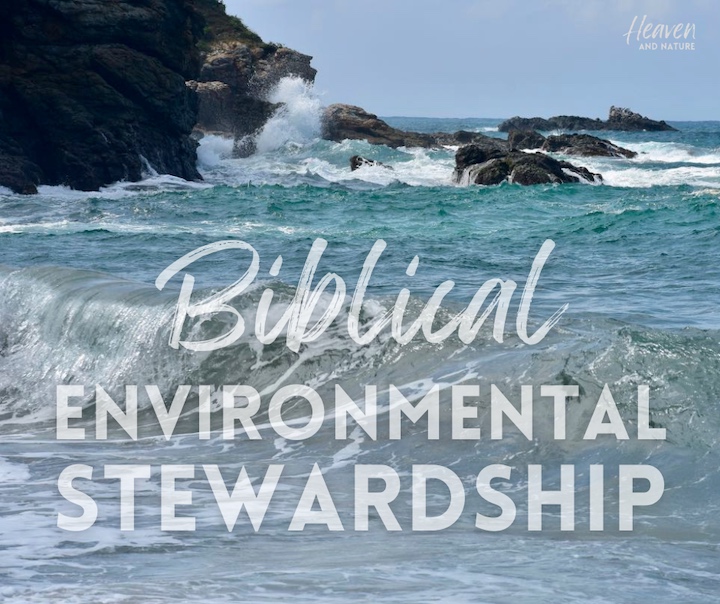
But what does godly stewardship of our environment look like? What are the underlying assumptions? What can we do on a personal level that’ll make a difference?
Since entire books can and have been written on this topic, we’ll stay brief and fairly surface here. But hopefully it’ll give us all some things to think about!
Here’s our Bible study video on this topic if you’d rather watch, otherwise keep reading below:
6 Reasons Why Christians Should Care about the Environment
Environmentalism has taken on a bad rap among many conservative Christians because of the radicals who want to save toads and owls at the expense of all else, including peoples’ livelihoods.
It’s been given a bad rap because of those who worship creation instead of the Creator.
But it’s we Bible-believing Christians who should be at the forefront of environmental stewardship! Here’s why:
- We believe God created everything we see and He said it’s all good. That includes natural resources, foods, water—everything we need for life and health. (Genesis 1)
- We believe God handed over stewardship of His brand new world to people. (Genesis 1:28, Psalm 8:6)
- The Bible is full of scriptures that use nature to teach us about God and ourselves, and show that God cares about His creation. (Read: What the Bible Says about Creation)
- Jesus commends faithful stewards with reward and authority. (Matthew 25:14-30 and Luke 19:11-27)
- There’s more and more research that proves nature is a powerful factor for physical, emotional, mental and spiritual health. Do we believe God designed it that way? If we do, then we need to help protect natural environments for peoples’ responsible use.
- In most cases when the environment isn’t being cared for properly, it’s the poorest people who suffer the most.
Does this mean we should make the environment our first priority? Well, God may call you to do that. To give time, effort and money into this area.
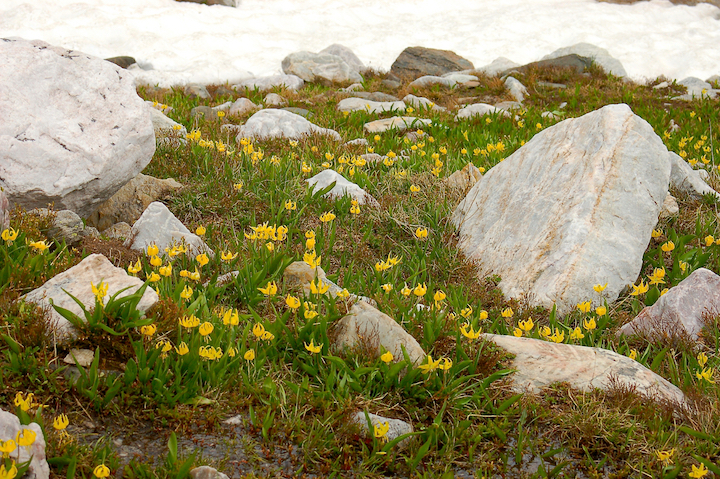
But even for those who don’t make it Priority #1, we can all do something in our daily lives to help steward this wonderful world our God made.
More on that in a minute. First…
What a Biblical Environmental Worldview Looks Like
As Bible-believing, Jesus-following Christians, we look at environmental stewardship in different ways than those who aren’t. In some ways, it’s the opposite of environmentalists who hold a purely naturalistic worldview.
Here are some foundational beliefs:
- The natural world has intrinsic value because God created it and called it good. The view that places little or no value on the natural world because it’s not in the spiritual realm is called Gnosticism. That’s not Biblical.
- Economic health and freedom help the environment. The countries with the most economic health and individual freedoms are the countries doing the most to help steward the health of the environment.
- People are a blessing, not a curse. Having children is a blessing, not a curse.
- We are to honor creation, but distinguish it from its Creator.
- God has given us the responsibility to care for the natural world in a way that honors Him and benefits people. That can get complicated! But we can and should ask for His wisdom.
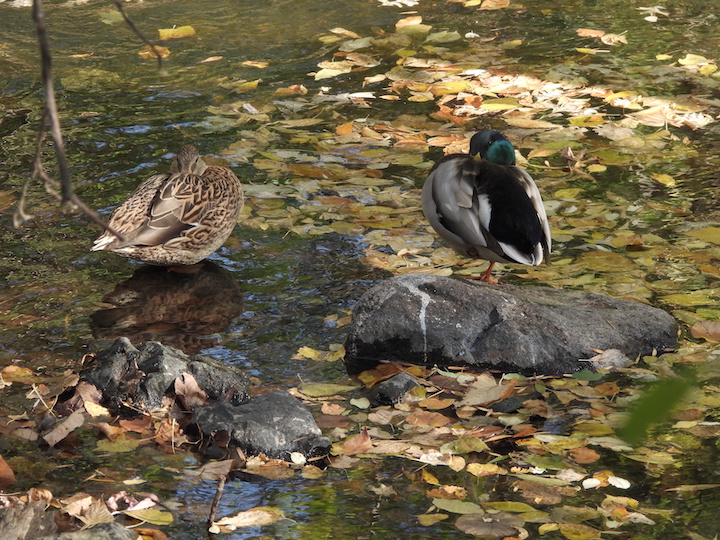
What Can We Do Personally?
Care for the environment seems so overwhelming! One of my favorite statements about stewardship, though, is this:
“No one can do everything. But everyone can do something.”
Let’s break down environmental stewardship to the things we can each do on a personal, daily basis:
Quit (or reduce) buying single-use water bottles.
Buy a couple stainless steel water bottles and use them instead. If you won’t drink out of the faucet, at least use refillable water jugs. Plenty of grocery stores offer purified water at filling stations for 1-gallon or 5-gallon jugs.
A home water cooler system like Culligan is more expensive, but another great option if you have the budget for it. Or Berkey home water systems for your drinking water and coffee maker. More than refilling your own jugs at the store, but way less than a whole-house system.
We still buy the single-use bottles occasionally, because they’re just the best choice for some situations. But for general consumption? Nope.
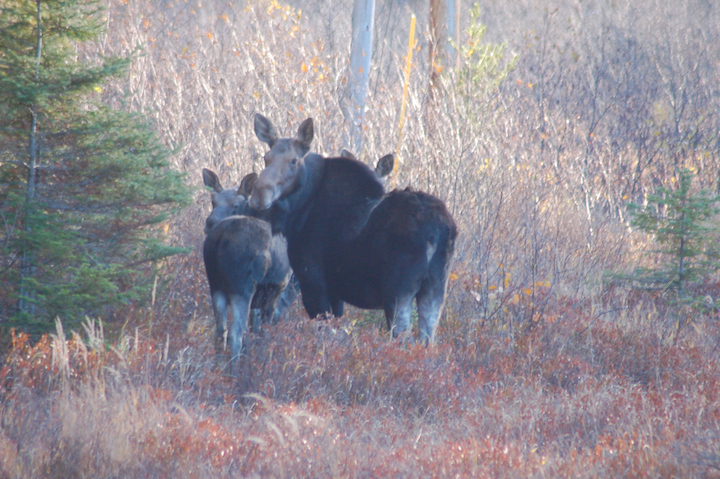
Make your own coffee at home with a regular coffee maker.
To their credit, Starbucks is working towards sustainability…but you won’t contribute to the 600 billion (yes, you read that right) paper and plastic cups used each year if you use your own mug. And those plastic K-cups? One source says 9 billion end up in landfills each year (and that was 2015).
You don’t have to ditch your Keurig—get reusable K-cups! Are you willing to sacrifice a little convenience for less plastic waste?
If you choose to make your own coffee at home with a regular coffee maker like we do, you know what else you save? Lots of money!
Use less disposable plastic and more storage containers in the kitchen.
I’ve been guilty of this for years. Now I wash out my Ziplocks when I can, and use storage containers instead of pulling out another plastic bag. Think twice before using more disposable plastic (or foil).
Plastic is an amazing innovation that’s the best choice for many scenarios. But we over-use it to the Nth degree in our society.
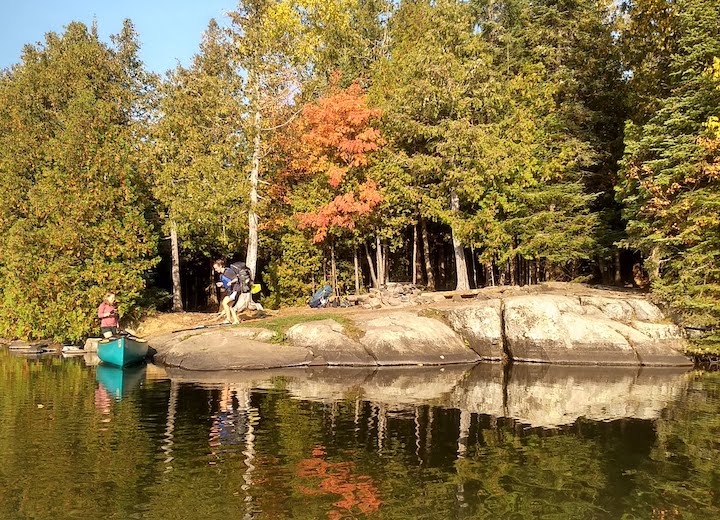
Buy fewer things and use what you have longer.
When you buy less, you have less to throw away. Like everything else on our list so far, not only will you help the environment—you’ll save so much money! And your home won’t be littered with stuff.
I just read this: “13 million tons of clothes are filling up our landfills.” Let’s exercise some restraint and wisdom!
Buy from companies that make environmental sustainability a priority.
There are more and more of them. It’ll take some digging, but look for companies that:
- Donate some of their profits to benefit the environment
- Source locally when possible
- Use less packaging and use recyclable packaging when possible
The food industry is among the worst for over-packaging, especially in the produce and deli areas. There are so many single-use food products out there. We Americans love our convenience, but even if you’re single, that’s not necessary.
I guess we need to think about that one: Is my convenience more important than the environmental impact of this product (no matter how small)? Only you can make that decision for yourself. Maybe sometimes it will be—but generally?
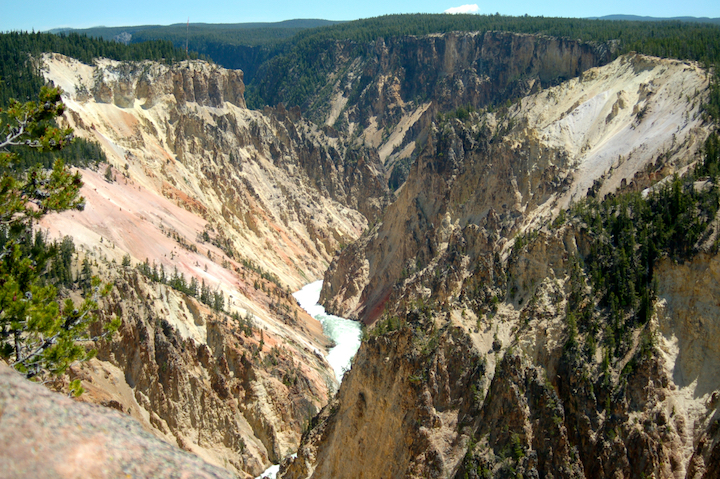
Combine trips.
Don’t take the car out for just one errand, combine a few together. It takes some strategic thinking, but you’ll save gas, money and time.
Carpool, use public transportation, bike or walk to work.
This isn’t possible for everyone—but if it’s possible for you, consider it!
Step in and speak up on environmental issues you care about.
You don’t want to do this blindly. There are environmental groups I won’t support because of their politics, rhetoric and practices. And educating ourselves on some topics can be tricky—it’s hard to know who to believe sometimes.
But it only takes a few minutes to write an email or make a phone call to your government representatives to let them know where you stand. They’re representing you in government.
Do your home recycling
Every community has written and online information about how it does recycling. Learn what your community’s guidelines and opportunities are and do them.
The biggest question we need to ask ourselves: “Am I willing to be inconvenienced so I can do my part to help steward our environment well?”
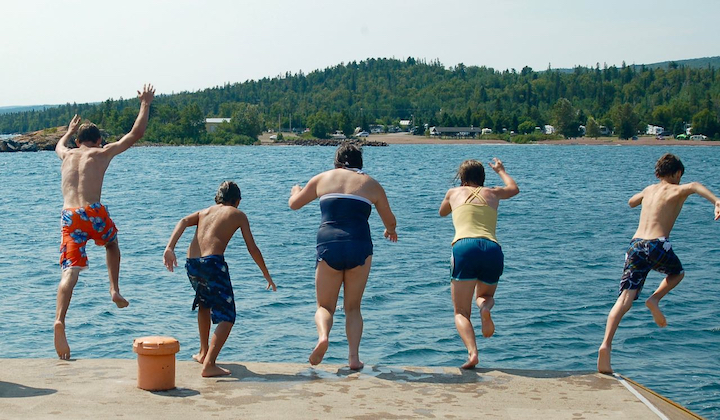
I used three excellent sources to help with this article. If you want to dig deeper, I recommend them:
- A Biblical Perspective on Environmental Stewardship
- What the Bible says about the Environment
- Preparing the Way for Action (I think this is the author’s thesis—it’s really good!)
Here’s more…
- How to Raise Our Girls to Love the Outdoors
- What the Bible Says about Creation
- Why Our Kids Need to Play Outside
- 11 Wonderful Things in Our Natural World - February 6, 2025
- What Kind of Exercise Is Best? - January 10, 2025
- 116 Verses in the Bible that Talk About Light - December 10, 2024
